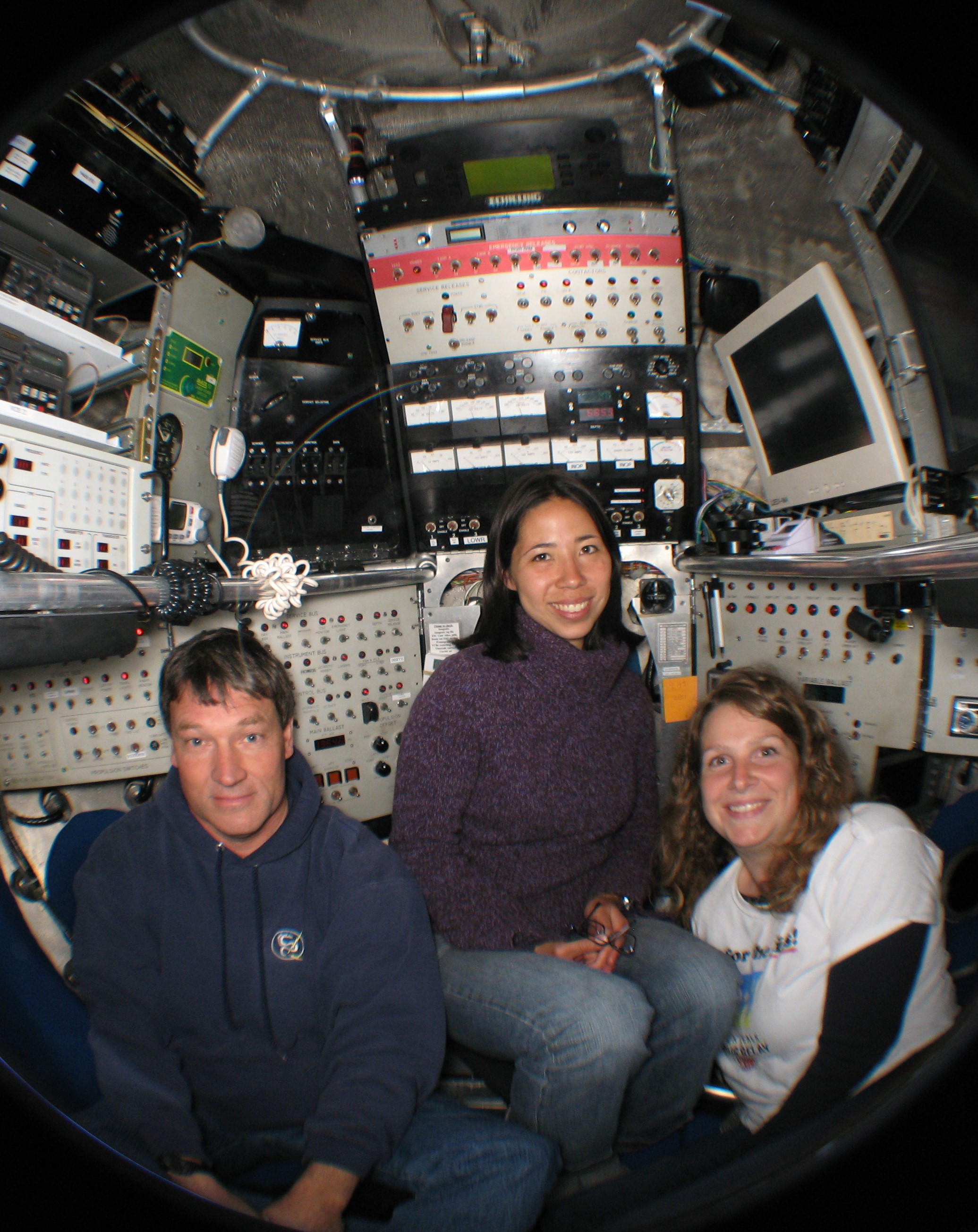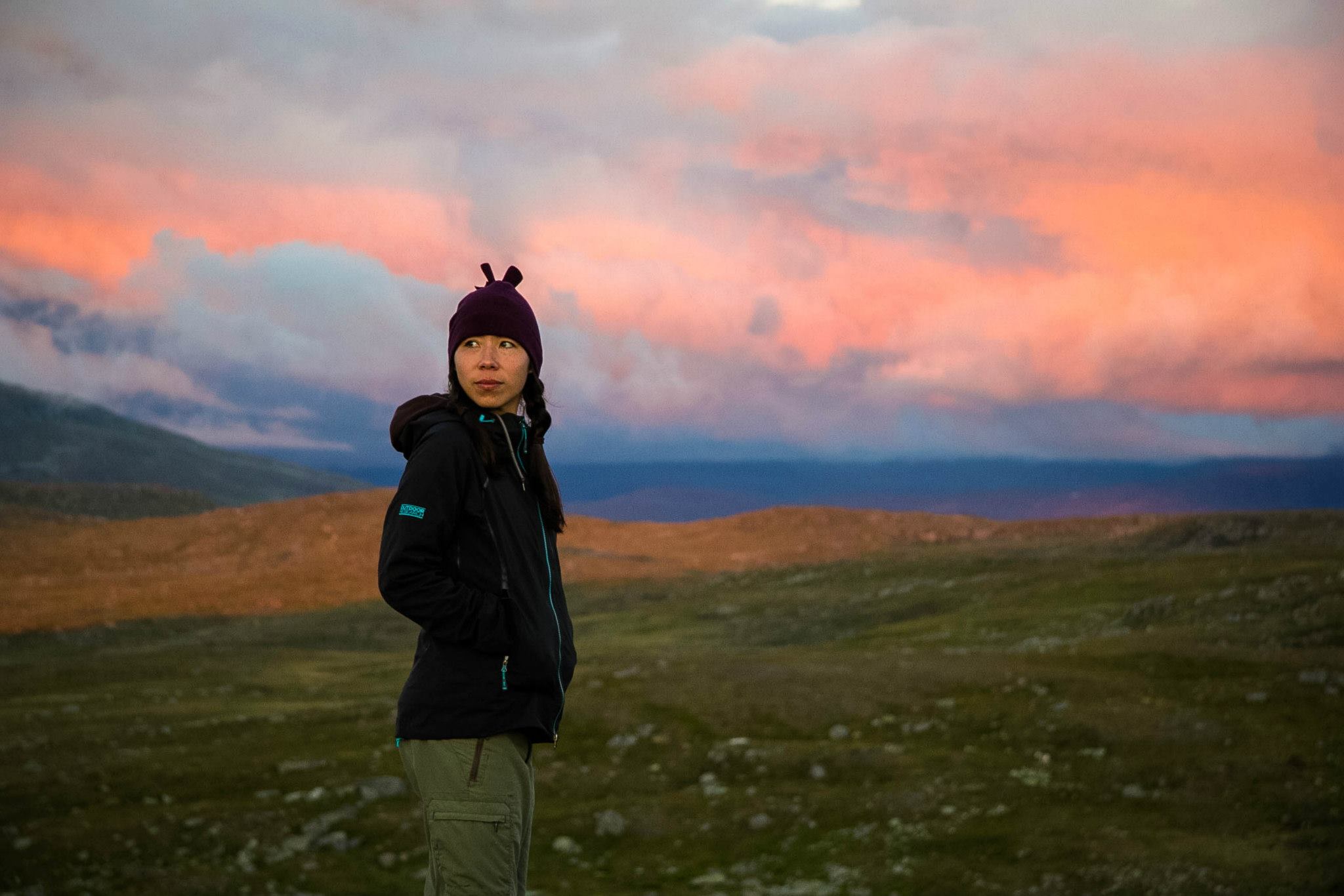 |
|
|
Fall 2016 Alumni Spotlight: Rika AndersonWho are you and when did you graduate from UW? Rika Anderson, graduated with a dual-title PhD in Oceanography and Astrobiology in 2013. (Dear god, has it been 3 years?) Where are you and what are you working on now? 
At this moment I'm in Tucson, Arizona, teaching an astrobiology science summer academy to minority and underprivileged high school students. I helped spearhead this summer camp with a collaborator at the University of Arizona. In general, I'm a postdoctoral scientist at the Marine Biological Laboratory, where I'm working on studying microbial evolution and ecology in deep-sea hydrothermal vent microbial communities. In January 2017, I'll be starting my job as a tenure-track assistant professor at Carleton College, where I'll be teaching (among other things) bioinformatics and genomics, marine ecology, and—hopefully—astrobiology! How is your current research related to astrobiology? Deep-sea hydrothermal vent microbial communities are interesting for two reasons. First, they're extreme environments, and so understanding microbial adaptation in these areas might teach us something about how life might survive in an environment like we might find at the bottom of Europa. But more interestingly for me, deep-sea hydrothermal vents are thought to be Earth's most ancient continuously inhabited environments, and were likely to have been abundant during the Hadean and Archaean Earth, and are thought to have been an important setting for the origin and early evolution of life. So, understanding how these microbial communities adapt to these environments might give us insight into how the environment may have—or may not have—molded the evolution of life's earliest communities. I'm also interested in the role that chance versus necessity play in the evolution of life over time. To what degree does life adapt due to natural selection in response to pressures from its environment, and to what degree is evolution molded simply by chance? 
What did you research in grad school as a UWAB student? My research at UW was also focused on deep-sea hydrothermal vent microbial communities, but my focus was on the viruses. I was interested in understanding how these tiny parasites alter the ecology and evolution of the microbial communities inhabiting these vents, and whether viruses can play the role of both parasite and mutualist by acting as a mechanism to swap out genes that could help the microbes adapt to their dynamic, extreme environment. In your opinion, what’s one of the most amazing things about astrobiology? I love that astrobiology asks big-picture questions about our place in the universe, questions that humanity has been asking since it could look up at the sky and ask questions about the stars—and it does it by bringing together disciplines ranging from astronomy to atmospheric sciences to geology to biology. You never get bored! Anything else you want to add? One of the other things I love about astrobiology is that it's a fantastic teaching tool. Students are drawn to questions about our place in the universe and where we come from, and in learning about those concepts, they are introduced to a wide variety of STEM disciplines. I also love that in planning summer camps like the one I'm doing now, I get to take samples in the muck alongside students, and I get to talk to astronauts! It's a pretty sweet job. |
|
